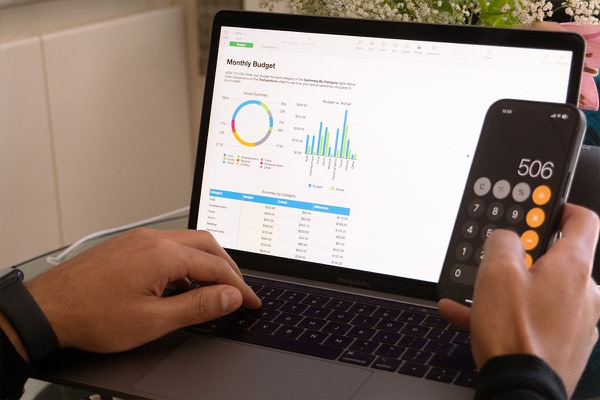Is it a good time to consider a mortgage refinance? In this post, we review the key reasons to refinance, and the importance of using a broker.

Can bi-weekly payments pay off your mortgage faster?
We live in a world where we want things to happen faster. Faster phones, faster internet, and faster response times. We also love to pay less for things and we are always looking for a good deal! Having things happen faster and more effectively and paying less for things brings us immense joy and a sense of accomplishment. So, wouldn’t we want the same for our mortgages? Making only the standard monthly mortgage payment for 25 years, is costing us thousands of dollars in interest and we end up paying way more than we should. Bi-weekly payments allow borrowers to pay less interest while also paying off their mortgage faster.
What are bi-weekly mortgage payments and how do they work?
Bi-weekly mortgage payments are where the borrower makes half their monthly payment every two weeks instead of paying the full amount once a month. This is not the same as saying a borrower will be making mortgage payments twice a month since some months may require three half payments. This extra mortgage payment that’s made each year can cut down interest a borrower is paying on their loan and can speed up the overall time it takes to repay the loan.
Generally, a borrower pays their mortgage on a monthly basis, which will add up to 12 mortgage payments a year. There’s this cute little quirk in the calendar year that lets borrowers who choose to make bi-weekly mortgage payments get ahead in their mortgage. There isn’t a uniform number of days each month-some have more days than others. This means that borrowers will be making 26 “half-payments” or 13 “full-payments” instead of the usual 12 payments a year. The cool thing about this extra payment every year is that borrowers won’t even feel it because they’ve already budgeted for it!
There are 52 weeks in the year and with basic math we can see that borrowers will be making 26 payments a year. Now let’s say that we have a monthly payment of $1,000, but we’re making bi-weekly payments of $500. If we were to pay once a month, we would be paying $12,000 a year towards our mortgage. When we do bi-weekly payments, we end up making an extra full payment every year and will end up paying $13,000 towards our mortgage.
Benefits of making bi-weekly payments
During the first few years of your mortgage, most of the funds will be going towards paying interest and very little of it will be going towards the principal payment. When a borrower makes bi-weekly payments, they’ll be making an extra payment every single year that helps pay down the principal faster. This means that each interest payment will get smaller and smaller than if that extra payment wasn’t made. Plus, borrowers will see savings on the amount of interest they pay over the course of the loan! Like mentioned before, that extra payment every year will help chip away at the principal balance faster than usual.
No, you may not see a change instantly, but over time you’ll see that it can shave off months to even years on your loan. With that, home owners are able to build home equity faster. When borrowers make that extra payment every year, they are getting a small push towards building equity on their home faster. This can benefit home owners later on if they choose to remodel their home or need to do some repairs since they can take out a home equity loan to cover the costs.
Bi-weekly payments allow home owners to pay off their mortgage faster and maybe feel a little sense of accomplishment for saving some money. There many benefits to scheduling bi-weekly payments such as savings in the overall cost of the mortgage and building equity faster. Borrowers should verify that there aren’t any extra fees involved with bi-weekly payments and that each payment is immediately applied to their mortgage.
If you’ve been thinking of switching to bi-weekly payments, or looking for a second opinion, get in touch with us here.


